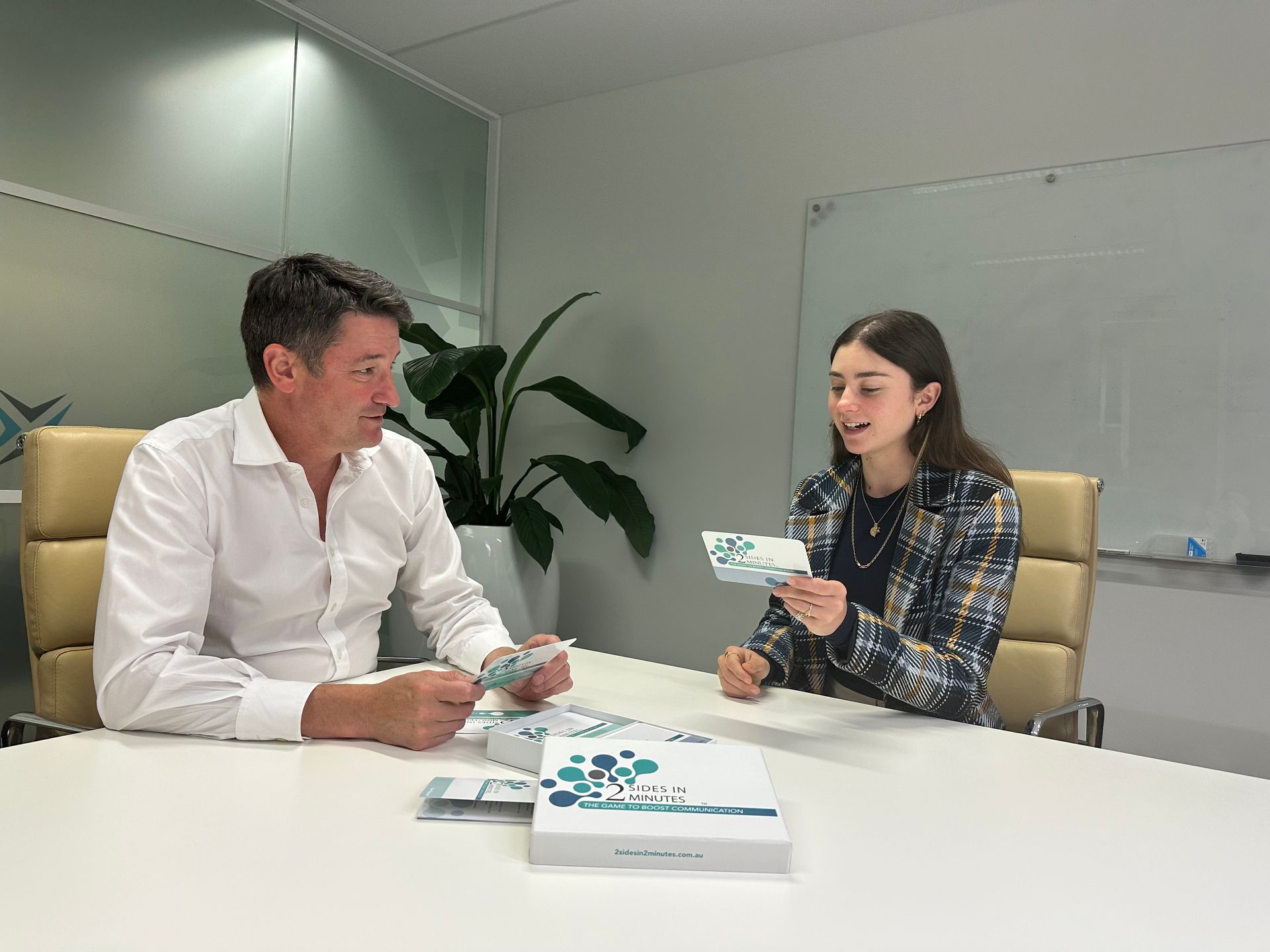Trending Blogs


IN THE SPOTLIGHT: INTERVIEW WITH A COMMUNICATIONS ADVISOR

This Communications Advisor has a strong background in project Communications within both the public and private sectors. She has delivered work in a range of environments including highly confidential programs and deadline focused projects. We have been engaged to assist with sourcing her next opportunity and took some time to further understand her perspective on communications today:
As a contractor who specialises in Communications, where do you see your role fitting within an organisation embarking on a major transformation?
Having specialised in communications for IT change projects, I've found communications to be imperative in ensuring a smooth transition. Transformation may come from a new internal process such as new software, or a rebranding of the company. The role of communications in transformation is to educate the organisation's stakeholders, thus ensuring higher adoption rates and mitigation of any issues. Transparency of information is key, as is a communications approach that uses multiple channels. A stakeholder who is well informed will be more trusting of the transformation as well as the company.
What do you see as the key characteristics of an excellent Communications advisor?
Versatility, resourcefulness, empathy.
Communications is all about getting the right message to the right people, in the right way, at the right time. A good Advisor will be able to work across several channels (print, digital, events) and adapt the tone of their messaging to suit their audience. The same message for the janitor might not be able to be delivered in the same way to the CEO. A good Communications Advisor would understand this and find a way to get inside their audiences' heads to figure out how to deliver their message.
How does a program of work best use communications?
A good Communications Advisor would be approachable. A program representative should be able to comfortably approach the Communications team with their needs and trust that they'd be met.
A GREAT Communications Advisor would attend weekly catch-ups with the program, have an intuitive understanding of the work being done and recognise opportunities.
Either way, two way communications between the program and the Communications team will give best results.
What has changed in communications or what is new?
Social Media as a communications channel is no longer new – it’s mandatory for success. It provides short burst of information, the functionality to link to more detail, an "opt-in" model, and gives the opportunity for two-way communication. With the exception of events, communications was once very one-way messaging and we didn't receive feedback until evaluation time.
Now it’s instantaneous and an excellent way for a company/organisation to know their customers.
What are some interesting differences in communications strategies or activities from the different organisations you have worked with?
In my experience, the public and private sectors are dichotomised in their communications strategies around relationship building/management.
Many Government departments are happy to deliver one-way communications designed to inform or educate. They rely on a "majority rules" mindset, and there is little emphasis on collaboration.
Whereas within the private sector, the company heavily relies on its customers for success so they focus more on engagement. If a customer leaves or declines a service, correspondence is sent asking how the company could improve.
I think great Project Managers within Government are only now starting to mitigate this issue.
What are the benefits to working on an interim basis verses taking on a permanent role within an organisation?
If you're results-driven, working contracts is very satisfying. You have clear objectives and usually an evaluation process at the end to show results. You can come away from a contract saying "I achieved X, Y and Z". Also, everyone you work with will be working to the same goals so there's great team cohesion which usually makes for a wonderful work environment.
With a permanent role, you can really "own" a role by settling into it. You can feel proud knowing that the work you're doing contributes to the company direction. In the right environment, your colleagues will feel like family, and the company would invest in your professional and personal development in a way that you won't get working contracts.


